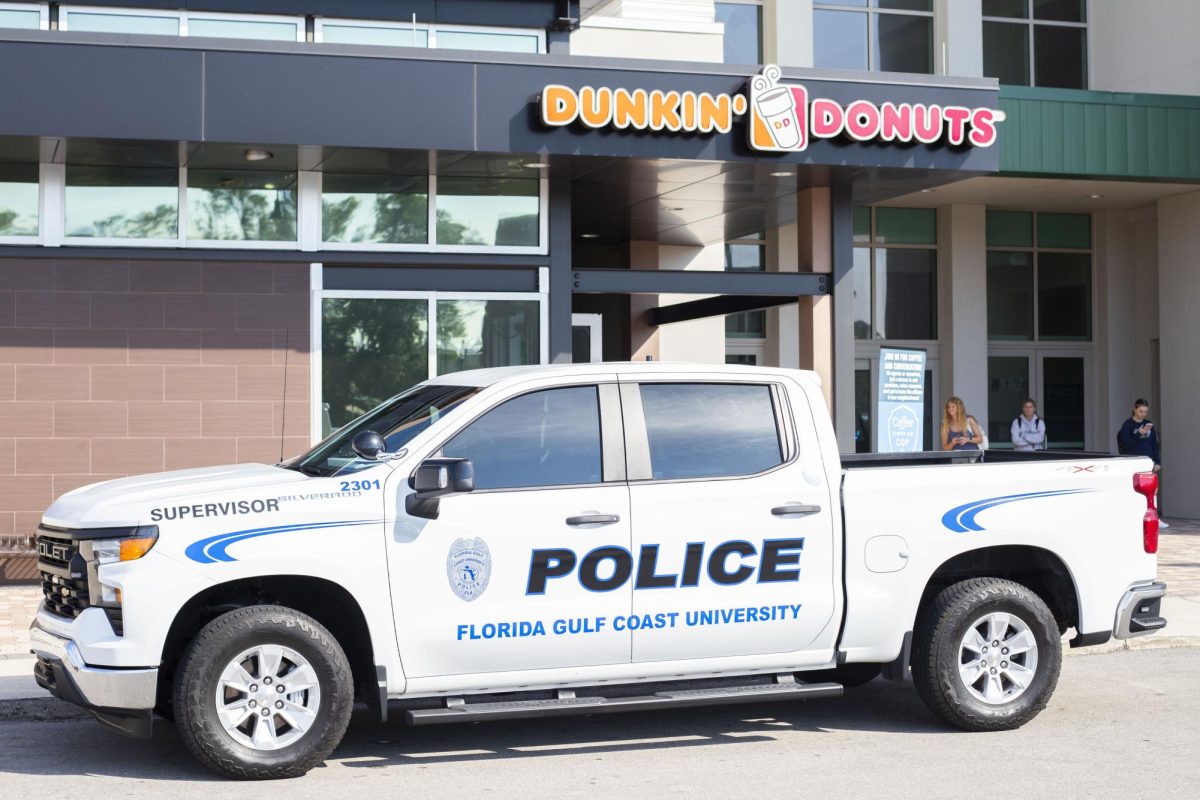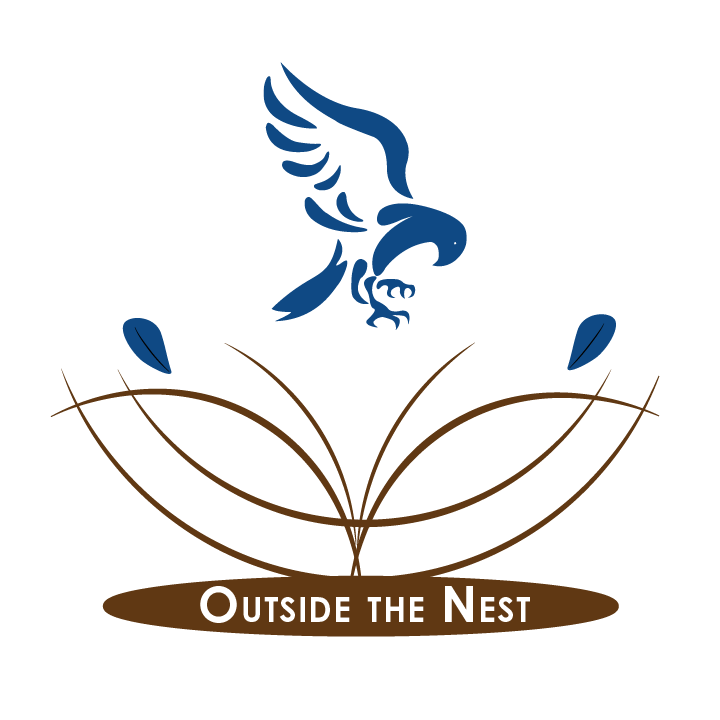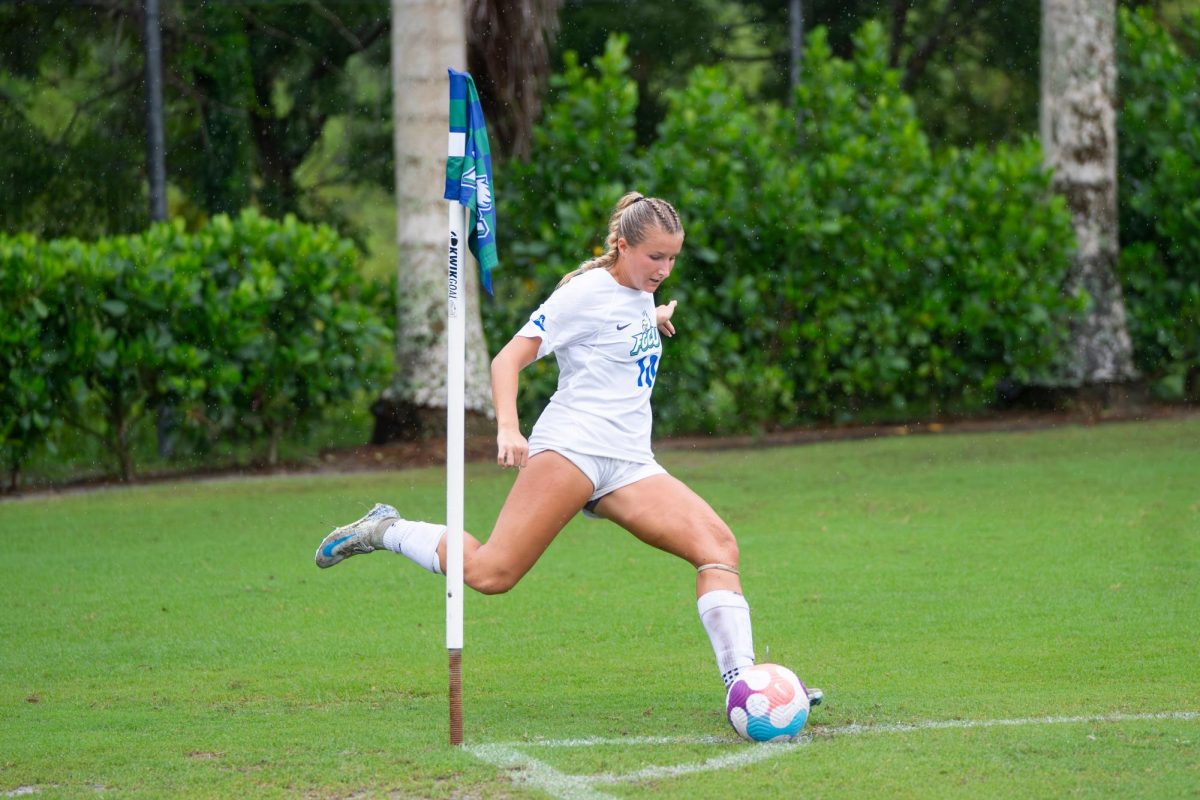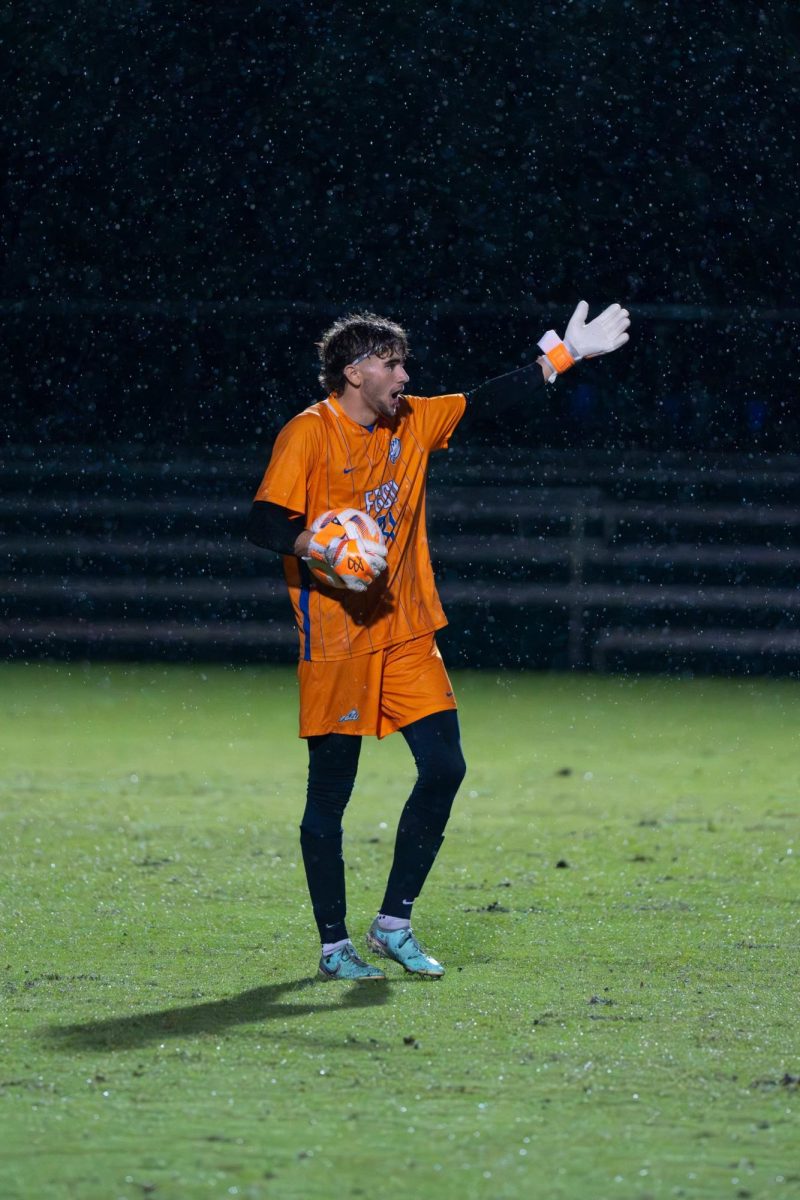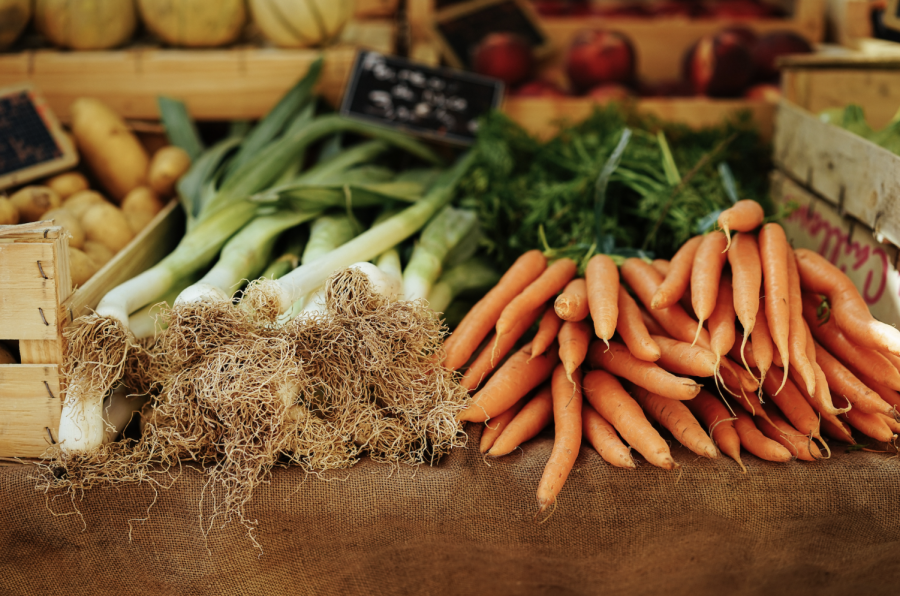SFA Hosts Second Annual Fair Food Fest
Students Band Together for Justice in the Food Industry
February 15, 2023
The Fair Food Fest, led by the FGCU’s Student/Farmworker Alliance chapter, will be held on the library lawn on April 6 from 6 p.m. to 8 p.m. in honor of Farmworker Awareness Week. Students will have the opportunity to engage with the SFA community and learn more about the organization’s goals as they participate in raffles, eat from food trucks, and enjoy the music.
The SFA is a student-led organization that serves as a voice for better work conditions and wages for farmworkers. They also work to educate students on their mission and values, as well as on the goals they have already achieved.
“We held this event for the first time last year and over 170 students attended to learn more about social justice and how to get connected to our campus,” Giselle Ramirez-Garcia, SFA president, said in an email sent to registered student organizations.
According to SFA’s Eagle Link page, “this organization is an ally and advocacy organization that utilizes its energy, position, and resources to support the Coalition of Immokalee Workers (CIW), a human rights organization internationally recognized for its achievements in the fields of social responsibility, human trafficking, and gender-based violence at work. FGCU SFA also serves as a space to advocate and take action to support food justice on campus, locally and nationally.”
SFA is reaching out to campus organizations to join them in their Fair Food Fest to help them spread awareness.
“Similar to last year, the idea is to have student organizations and university departments table and educate students on values/principles important to the farmworker justice movement, such as service, sustainability, and diversity,” Ramirez-Garcia said.
Students created the SFA because they felt that they could relate to farmworkers. Corporate food industries view farmworkers as harvesting machines, and students as careless consumers. However, this community works to prove that the food industry does not get the final say in the wages and work conditions workers accept, or the quality of the products that students consume. By creating an organization where farmworkers and students unite, students can prove that they are mindful of their consumption, and farmworkers, of their human rights.


